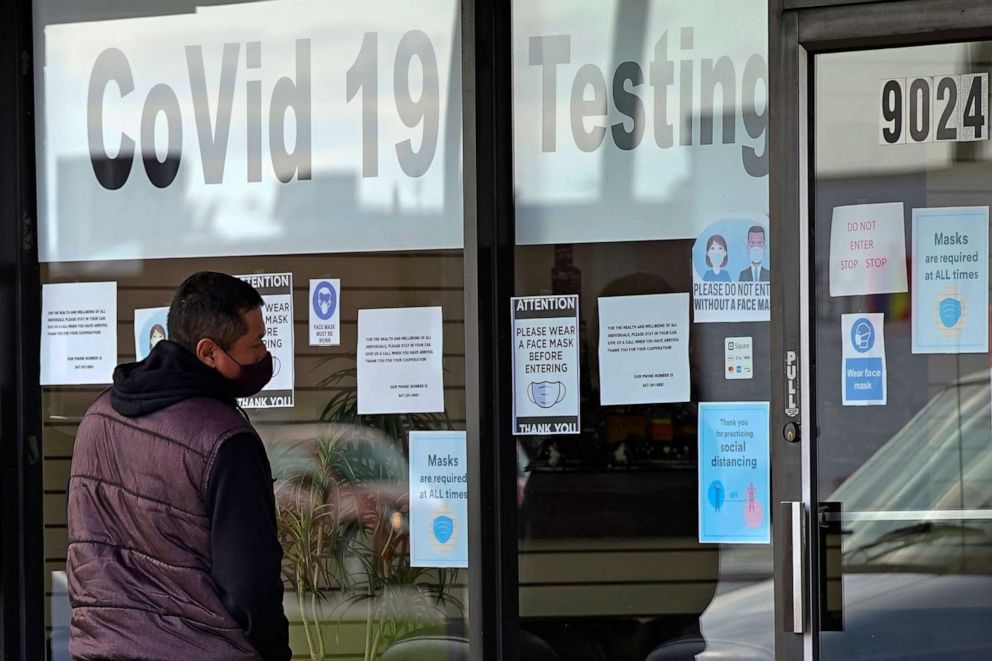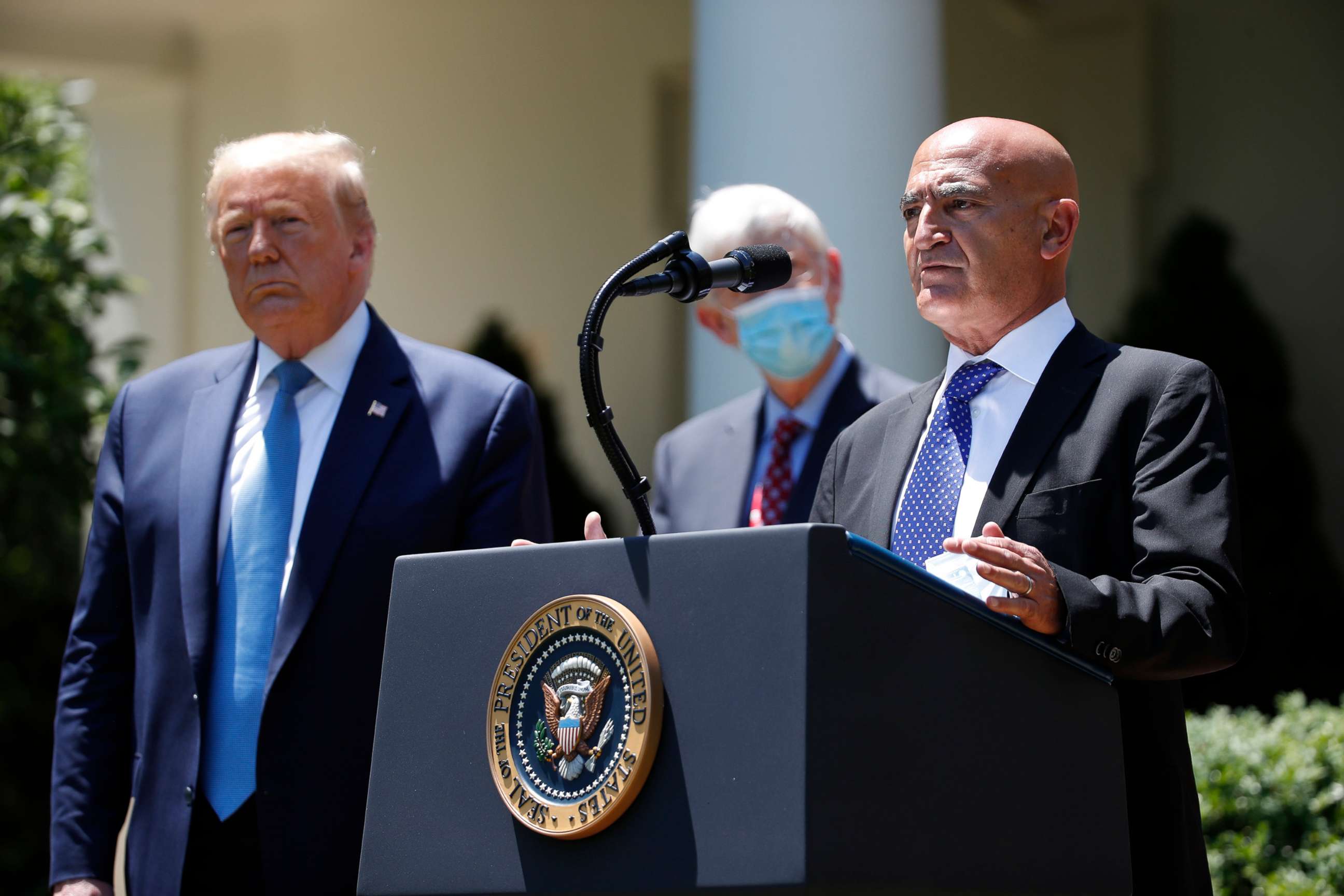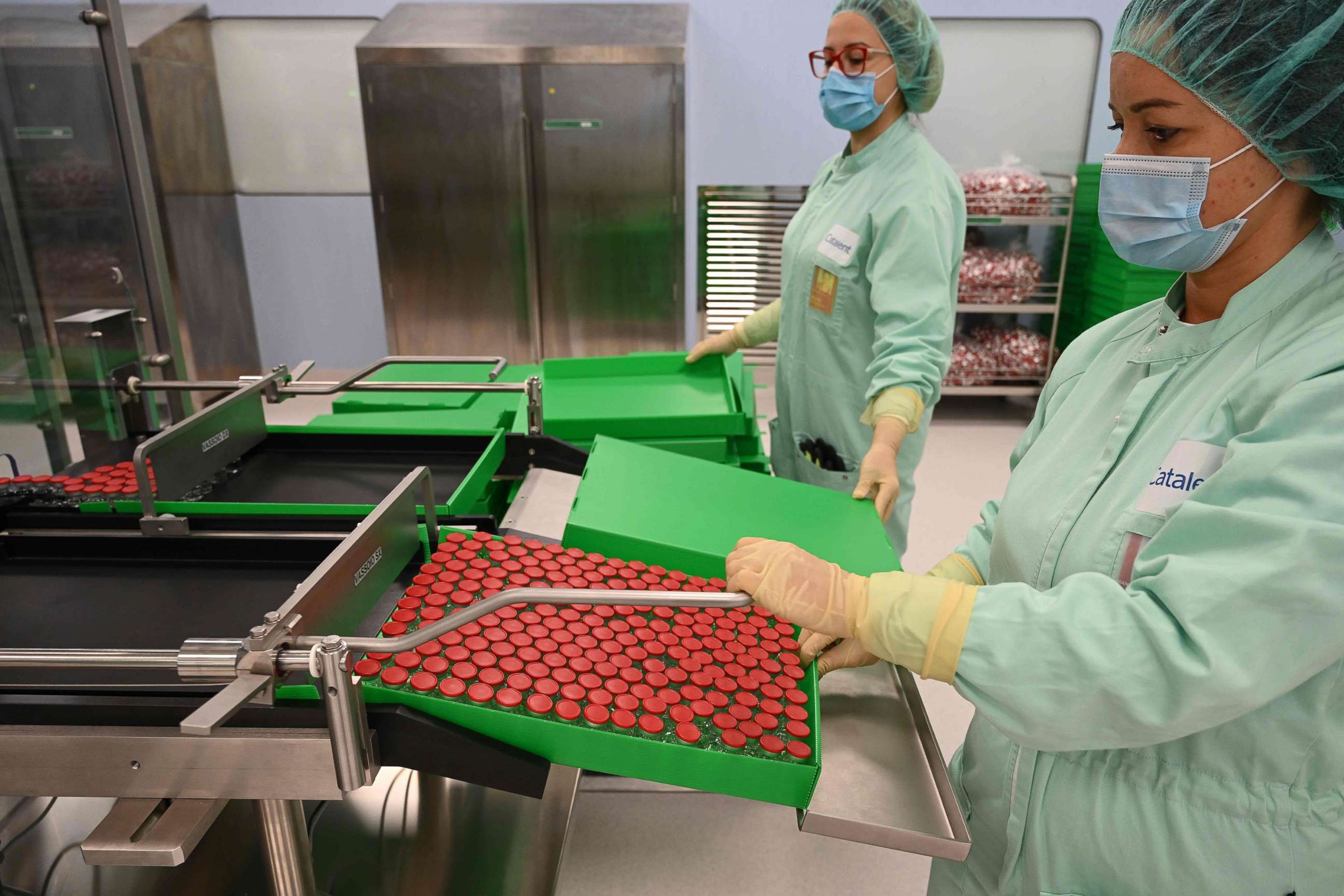Illinois reports most COVID-19 related deaths in single day since mid-June
Illinois saw 69 COVID-19-related deaths on Wednesday, its highest number since June 17, health officials said. Moreover, the state saw 4,342 new cases of COVID-19.
The state now has recorded 355,217 cases and 9,345 deaths, according to the state Department of Health. Health officials also reported that the positivity rate has increased for 15 consecutive days.
In response to the rising cases, Gov. JB Pritzker announced new restrictions Wednesday, Chicago ABC station WLS reported.

Starting this Friday, indoor dining at bars and restaurants will no longer be allowed. In addition, bars, restaurants and casinos must close by 11 p.m. All gatherings will be limited to 25 people or 25% capacity, whichever is less, according to WLS.
These restrictions will remain in place for at least the next 14 days, according to Pritzker.






